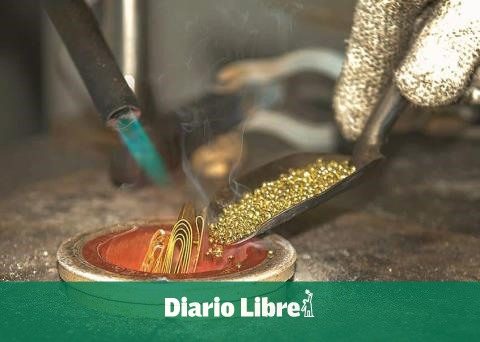Many products of the Dominican food basket that are currently exempt would be taxed with a generalized rate of 18% of the Tax on the Transfer of Industrialized Goods and Services (ITBIS) or the Value Added Tax (VAT), if the Tax Modernization Law project is approved.
Among these are all unprocessed fruits, for mass consumption such as pineapple, milky, coconut, avocado, guava, mangoes, chinola, lemonamong others, that are now exempt would be subject to payment, excepting only bananas or plantains, fresh or dried, which are tacitly among the exempt products in Article 22 of the proposed law within the tariff items of Article 343.
According to the Treasury Any product that is not on the exempt list must then pay VAT. For example, the beans are not there.
Now all vegetables, plants, roots and tubers will pay taxes, such as potatoes, tomatoes, onions, lettuce, carrots, tayota, molondrón, cucumbers, yams, yautia, among others. The only one exempt are cassava roots.
They would also pay for all fresh, refrigerated and frozen meats, whether chicken, beef, pork, fish or others. Only the group of meat and edible chicken offal products would not pay, the rest would. And products from live animals, whether bovine, swine, sheep, goats, roosters, chickens, horses, among others, are exempt.
Dairy derivatives such as fresh cheese (unripened), including whey, and cottage cheese and honey would also pay taxes. Milk and eggs are exempt.
The sausages as a whole would pay taxesthe previous list of exempt products in this group was eight products. Among cereals, oats would now pay off. They will remain exempt wheat, corn and rice. And of the milling products, wheat and corn flour would not pay, but other cereal grains and wheat gluten would.
Oilseeds and other seeds (for fats, crops or animal feed, or oils) were a group that previously did not pay taxes 11 productsnow the list is reduced to eight.
Other products that would be taxed and that were previously exempt are formulated or humanized milk (newborns), for retail sale and uncooked, filled or prepared pastas that contain eggs.
These comparisons of the products and goods that are currently exempt from paying 18% ITBIS can be seen in detail in the Law 253-12 on the Strengthening of the State’s Collection Capacity, which was the last approved in the country.
Below are other products that will be taxed:

















